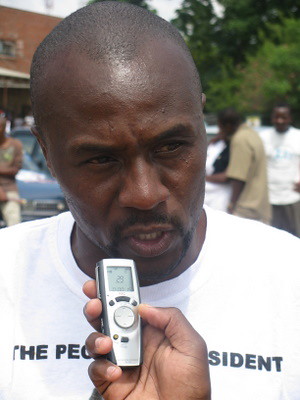
Marvelous Khumalo
This has been coupled by corruption and disregard of property rights which has seen international investors shunning Zimbabwe while relationships between the Southern African country and international financial institutions remain strained.
A history of disputed elections, as well as a legitimacy crisis on the part of the ruling party, Zanu (PF), has also further alienated Zimbabwe from major global partners.
When the late Robert Mugabe was deposed from power in November 2017 through a military coup, there were assurances of a new dispensation that many hoped would result in key reforms that would see Zimbabwe moving away from the dark past.
President Emmerson Mnangagwa assured the nation and the international community that his new administration was ready to work towards a peaceful and prosperous Zimbabwe.
However, events that unfolded after his ascendancy to power proved otherwise.
In January 2019, about 12 people were shot dead by the military following protests over fuel hikes. Following the army shootings, the military was deployed in various cities and several cases of human rights abuses were recorded while an estimated 600 people were arrested.
Then came the 2018 national elections which proved to be a costly charade with pre-determined outcomes and undoubtedly failed the credibility test while there was militarisation of key institutions including the Zimbabwe Electoral Commission (ZEC).
In August 2020, 6 people were killed following protests over electoral theft and cases of abuse of foreign journalists were also recorded.
The army killings followed numerous threats from Zanu PF heavyweights that President Mnangagwa was ready to shoot for power.
https://dailynews.co.zw/articles-2018-05-25-mnangagwa-will-shoot-to-keep-power/
What followed after the brutal army killings was a serious purge on opposition and civic society activists.
Resultantly, the democratic space in Zimbabwe further shrinked with the military being unleashed on unarmed civilians.
Cases of rape, torture, abductions, arbitrary arrests surged while cases of corruption and abuse of state resources continued to impact negatively on economic growth.
Zimbabwe continues to witness several cases of human rights abuses being perpetrated by the security services in the guise of enforcing COVID 19 regulations.
Crisis in Zimbabwe Coalition Spokesperson, Marvelous Khumalo said Zanu (PF) was merely politicking on the issue of ‘sanctions’.
He said that human rights violations, lack of respect for the constitution and disputed elections had largely alienated Zimbabwe form global partners.
“The government knows what it should do. Firstly it needs to adhere to the provisions of the constitution and there is need for constitutionalism to prevail. Secondly, there is need for the government of Zimbabwe to respect human rights. The government should stop abductions, forced disappearances, arbitrary arrests and clampdown of civic society activists, political activists, journalists and all other sections of the society viewed as opponents of the government.
“Remember that since time immemorial we have had disputed electoral results in the country and this should come to an end so that Zimbabwe is readmitted into the global family of nations,” said Khumalo.
Post published in: Featured

